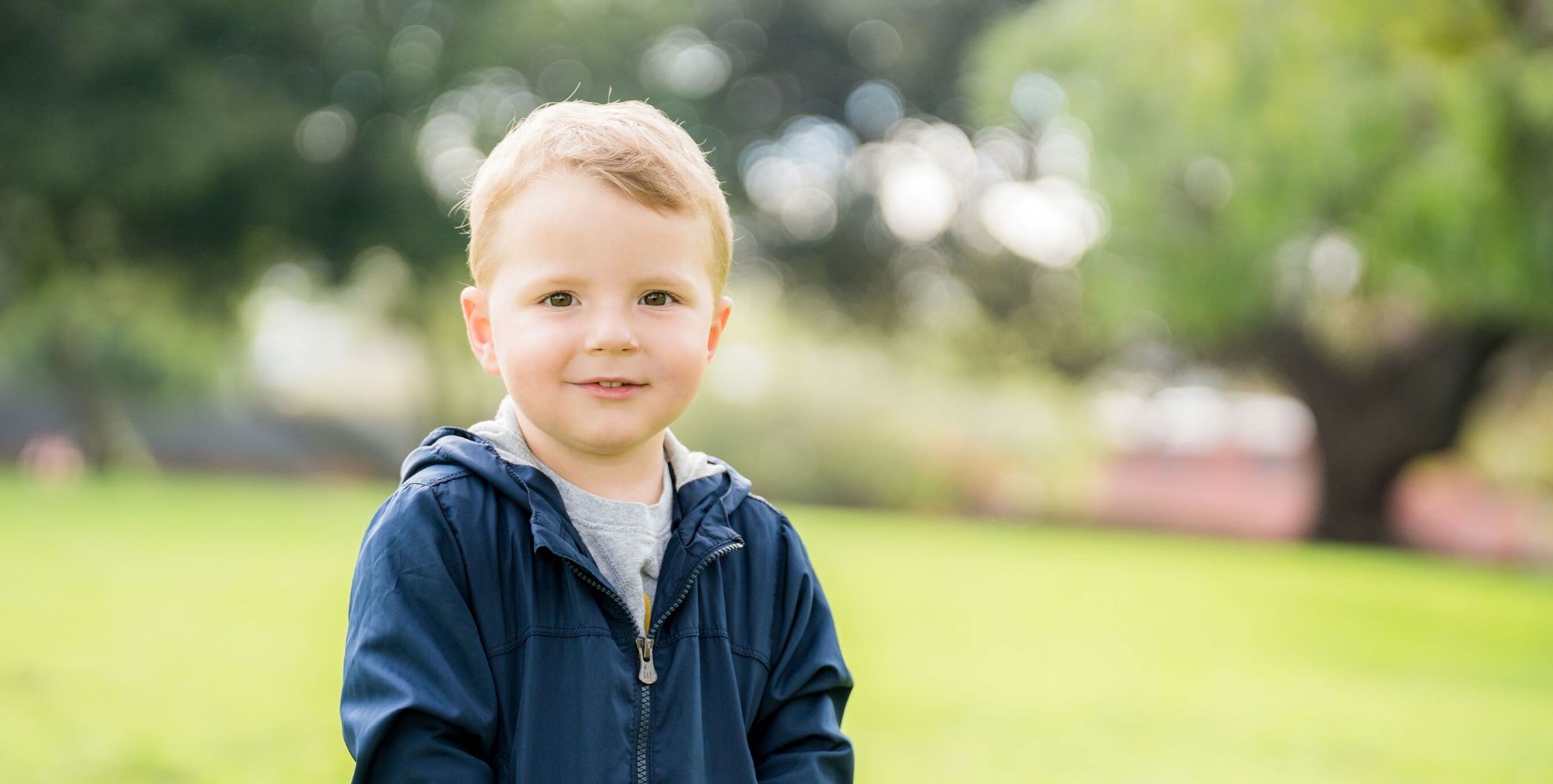In June 2019, just 36 hours after Christina and Daniel Kettler arrived home from the hospital with their new baby, Fitz, their pediatrician called with bad news. A newborn screening test revealed Fitz had a rare genetic condition called Severe Combined Immunodeficiency (SCID), commonly known as “bubble boy disease.” The prognosis was devastating. Babies with SCID have no immune system and often do not reach their first birthday.
Fitz was admitted to Rady Children’s right away, and, when he was just 10 days old, doctors ordered whole genome sequencing. The test, completed within just 92 hours, pinpointed the exact type of SCID Fitz had: Artemis-deficient SCID (ART-SCID), one of about 20 variations of the disorder. Having a precise diagnosis was crucial to making life-saving treatment decisions. In this case, knowing the specific variant of SCID meant Fitz was eligible for a gene therapy clinical trial at UCSF Benioff Children’s Hospital in San Francisco.
Over the course of four months, doctors extracted Fitz’s stem cells, injected them with a corrected copy of the flawed gene that causes SCID, then infused the cells back into his body. The new cells provided instructions for his body to develop a healthy immune system.
Thanks to the gene therapy, Fitz’s immune system rebounded. This medical science trailblazer is now an active, happy and curious 3-year-old, who recently welcomed a baby sister. The Kettlers are deeply grateful to RCIGM for the role it has played in Fitz’s life. “There’s moments when we think back and even imagine what it would look like if there was no rapid genome sequencing, if there was no gene therapy trial,” says Daniel. “We could have very well ended up in a different place.”
To learn more about Rady Children’s Institute for Genomic Medicine, and to support kids like Fitz, visit radygenomics.org/.

